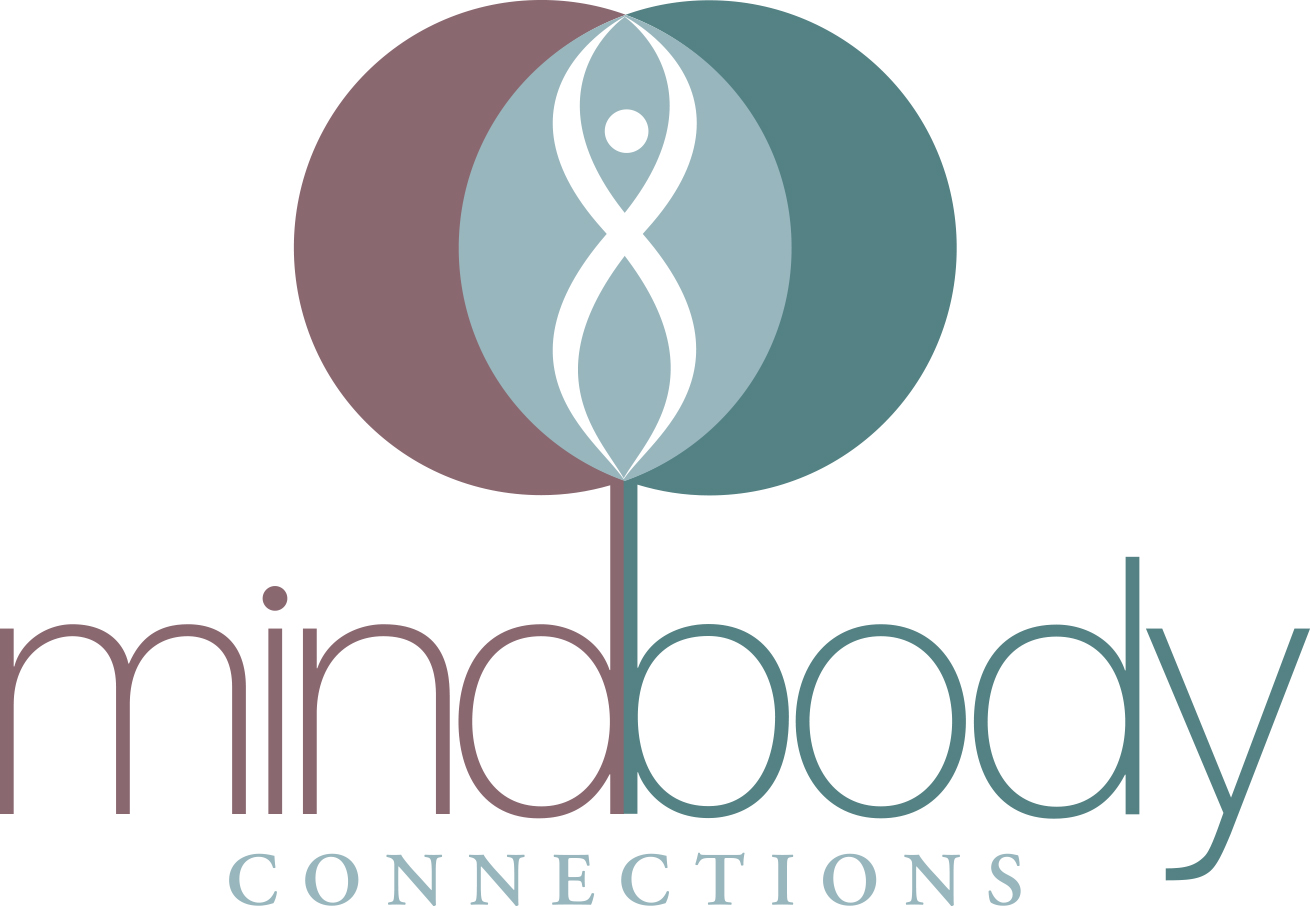Originally named the Feminist Perspective, this theory suggests that relationship is at the core of healthy growth and development. It has a strong connection to interpersonal neurobiology. Therapists using this model understand that all healing takes place in relation and consider the client in the context of the family and the layers of cultural identifiers unique…
Read MoreThis type of therapy uses a non-authoritative approach that allows clients to take more of a lead in discussions so that, in the process, they will discover their own solutions. The therapist acts as a compassionate facilitator, listening without judgment and acknowledging the client’s experience without moving the conversation in another direction. The therapist is…
Read MoreWhen we use the term mindfulness, we refer to “an openhearted, moment to moment, non-judgmental awareness†(Kabat-Zinn, 2005, p. 24). Mindfulness, in a nutshell, can be described as choosing and learning to control the focus of our attention. When we use mindfulness in counselling/psychotherapy, we focus on becoming aware of our internal experience. Helping clients observe…
Read MoreThe goal of internal family systems (IFS) therapy is to achieve balance and harmony within the internal system by differentiating and elevating the Self so that it can be an effective leader of the individual’s system. The IFS practitioner will guide you to identify and nurture the undamaged core-self while bringing compassion to parts of the system…
Read More



